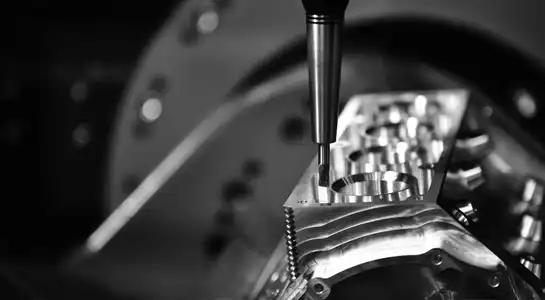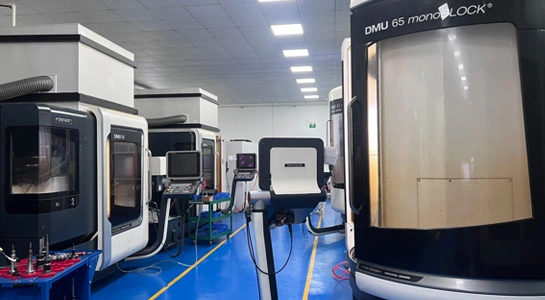There is a big argument going on in the field of plastic injection molding materials about whether to use recycled polymers or new plastics. This comparison isn't only about how it affects the environment; it's also about how well it works, how much it costs, and how long it will last. Virgin plastics have always been the best choice since their quality is always the same and their qualities are well understood. However, recycled plastics are becoming more popular because recycling technologies are getting better and people are becoming more concerned about the environment. The performance of recycled plastics has significantly improved over the years, often matching or even surpassing that of virgin plastics in certain applications. However, the choice between the two depends on various factors including the specific application, required material properties, and regulatory standards.
Understanding the Basics: Recycled and Virgin Plastics
Defining Virgin Plastics
Virgin plastics are newly created materials that have never been used or processed before. They are made from pure, raw elements that come from natural gas or petrochemicals. Many manufacturers choose these polymers because they have consistent quality, recognized material qualities, and predictable performance. Virgin plastics are typically utilized in things that need to be very clean, including medical gadgets or food packaging.
Exploring Recycled Plastics
Recycled plastics, on the other hand, are derived from post-consumer or post-industrial plastic waste. These plastic injection molding materials undergo various processes to be cleaned, sorted, and reprocessed into new plastic products. Recycled plastics can be categorized into mechanically recycled plastics and chemically recycled plastics. Chemical recycling breaks down polymers into their chemical parts so they can be used again, while mechanical recycling uses physical processes like grinding and melting.
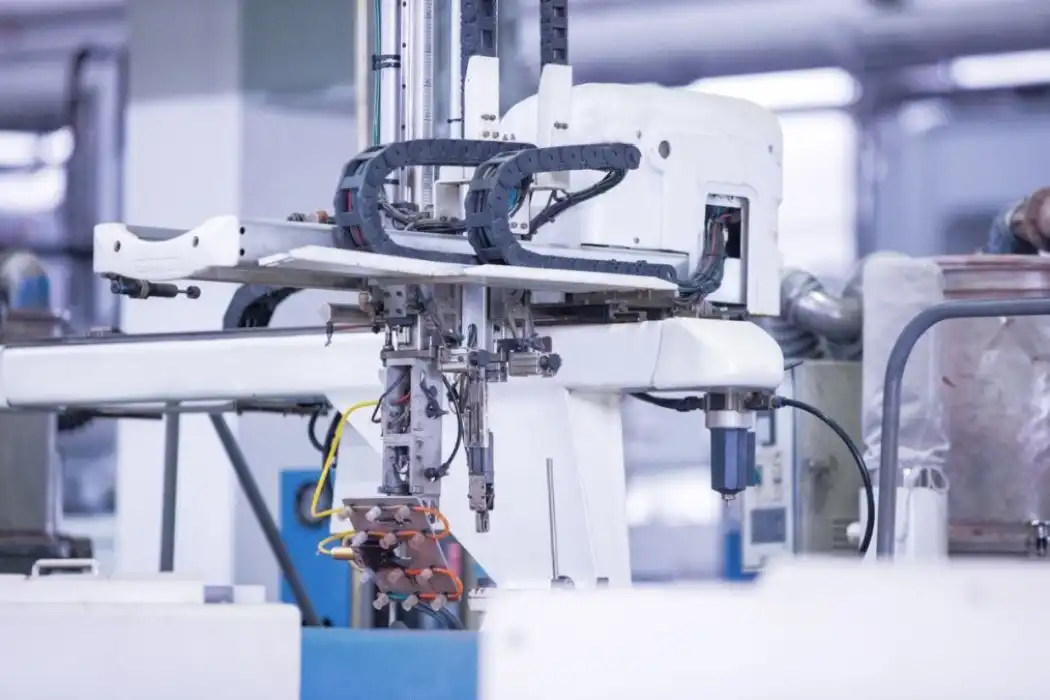
The Rising Importance of Recycled Plastics
More and more people are interested in recycled plastics because of the growing focus on sustainability and the circular economy. A lot of companies are now setting high goals for how much recycled material they want to use in their goods. This change is happening because customers want it, the government is putting pressure on businesses, and companies want to be more environmentally friendly. Because of this, recycled plastics are now much better and easier to find than they were a few years ago.
Mechanical Properties
When it comes to mechanical properties, virgin plastics have traditionally held an advantage. They offer consistent strength, durability, and flexibility, which are crucial for many applications. However, advancements in recycling technologies have narrowed this gap. High-quality recycled plastics can now achieve mechanical properties comparable to virgin materials, especially when blended with virgin plastics or additives. For instance, recycled PET (rPET) used in bottle manufacturing often exhibits similar strength and barrier properties to virgin PET.
Thermal Stability
Thermal stability is another critical factor in plastic injection molding materials performance, particularly for injection molding applications. Virgin plastics generally offer superior thermal stability due to their unaltered molecular structure. Recycled plastics may experience some degradation during the recycling process, potentially affecting their thermal properties. However, innovative stabilizers and careful process control can mitigate these issues, allowing recycled plastics to maintain good thermal stability in many applications.
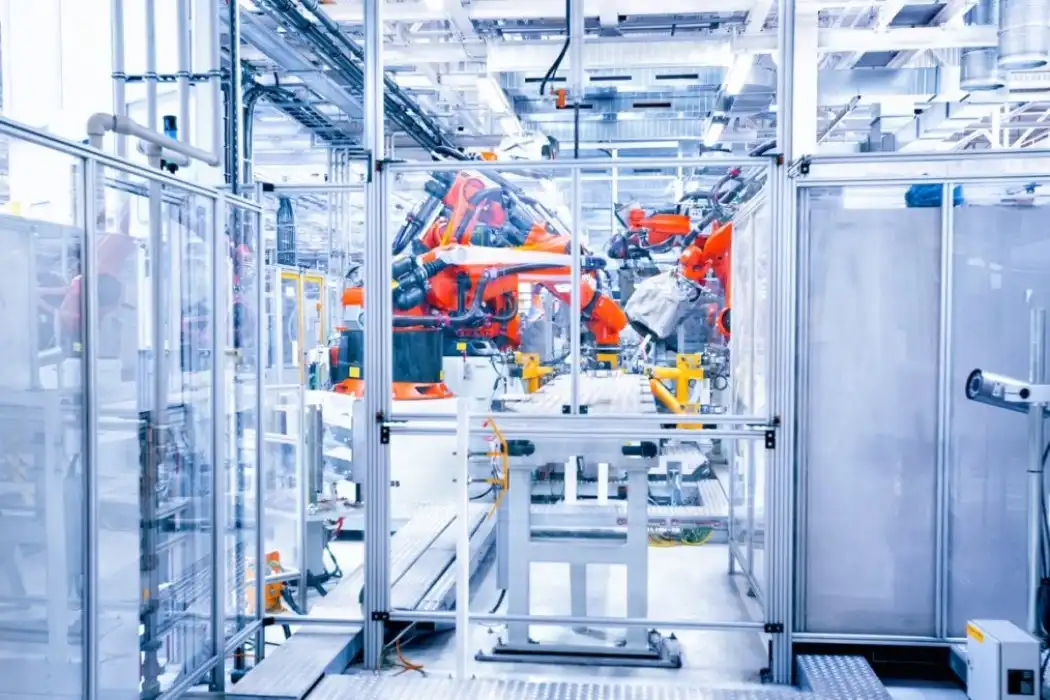
Chemical Resistance
Chemical resistance is an area where virgin plastics often outperform their recycled counterparts. The purity and known composition of virgin plastics make them more predictable in terms of chemical resistance. Recycled plastics may contain trace contaminants or undergo changes during the recycling process that could affect their chemical resistance. However, for applications not requiring extreme chemical resistance, many recycled plastics perform adequately. Advanced sorting and purification techniques are continually improving the chemical resistance of recycled plastics.
Practical Considerations in Choosing Between Recycled and Virgin Plastics
Cost Implications
The cost comparison between recycled and virgin plastics is complex and dynamic. Historically, virgin plastics were often cheaper due to established production processes and economies of scale. However, as recycling technologies improve and demand for sustainable materials increases, the cost gap is narrowing. Recycled plastics can often be cheaper, especially when you think about long-term environmental goals and possible government incentives. The price of oil is also a factor because it has a direct effect on the cost of new plastics.
Regulatory and Industry Standards
Regulatory standards and industry certifications play a crucial role in plastic injection molding materials selection. Certain industries, such as medical and food packaging, have strict requirements that often favor virgin plastics due to their purity and traceability. But groups in charge of rules are beginning to understand how important recycled materials are and are making rules to make sure they are used safely. The FDA, for example, has cleared some recycled plastics for use in food contact. Manufacturers must be educated about increasing requirements and certifications when deciding between recycled and virgin plastics.
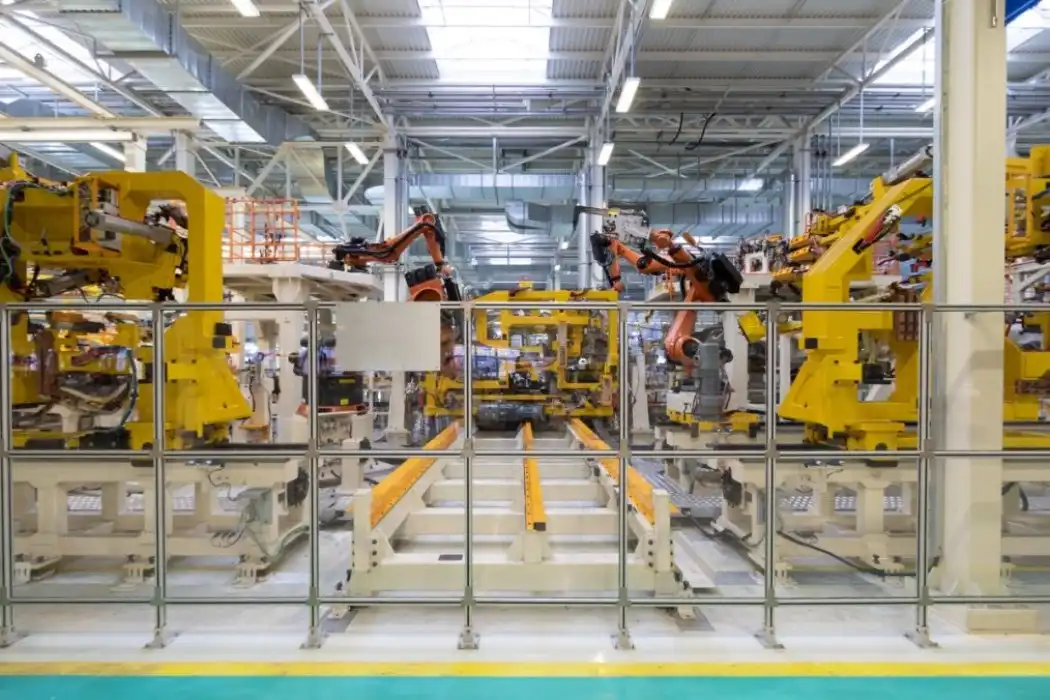
Environmental Impact and Sustainability
The environmental impact is a significant factor favoring recycled plastics. Using things again and again means that less new plastic needs to be made, which saves resources and helps fix problems created by plastic waste. Life cycle studies generally demonstrate that recycled plastics have less of an impact on the environment than new plastics. But the benefits for the environment can rougly depend on how well the recycling process works and how it is transported everthing. More and more, companies are taking these environmental factors into account when picking materials. This is what customers want and what companies want to do to be more sustainable.
Conclusion
Recycled plastics now work much better, and in many cases, they are just as good as new plastics. Recycled plastics have several advantages when it comes to sustainability and performance that is getting closer to that of virgin plastics. However, virgin plastics still have advantages in some high-performance or regulatory-sensitive areas. In the end, the decision between recycled and new plastics comes down to the needs of the application, the rules that apply, and the aims for sustainability. As recycling technologies get better and sustainability becomes more important, the difference between recycled and virgin plastics will probably get even less. Plastic injection molding materials will be able to use recovered materials more easily.
ISO-Certified Factory Delivering High-Quality Plastic Prototyping Services | BOEN
At BOEN, we specialize in high-quality prototyping and low volume production using both recycled and virgin plastics. All of our goods are guaranteed to meet or exceed the highest quality and performance standards by our ISO-certified manufacturer. Many companies rely on our quick injection casting, 3D printing, and CNC machining services. They produce goods for human use, such as vehicles, medical equipment, and tools. Whether a project requires the durability of new plastics or the eco-friendliness of recovered materials, our talented engineers and designers collaborate closely with clients to select the optimal materials and procedures. Because BOEN is dedicated to new ideas and good at using technology, we can make better plastic samples that meet both performance and environmental needs. Shoot us an email at contact@boenrapid.com to find out more about what we do and how we can help you with product creation.
References
Johnson, M. (2022). "Advancements in Recycled Plastic Technologies for Injection Molding." Journal of Sustainable Materials and Manufacturing, 15(3), 245-260.
Smith, A., & Brown, B. (2021). "Comparative Analysis of Virgin and Recycled Plastics in High-Performance Applications." Polymer Engineering & Science, 61(8), 1872-1885.
González-Torres, P. L., et al. (2023). "Life Cycle Assessment of Virgin vs. Recycled Plastics in Industrial Applications." Resources, Conservation and Recycling, 178, 106073.
Chen, Y., et al. (2022). "Mechanical and Thermal Properties of Recycled Plastics: A Comprehensive Review." Progress in Polymer Science, 124, 101490.
Williams, E. (2021). "Regulatory Landscape for Recycled Plastics in Food Contact Materials." Food Additives & Contaminants: Part A, 38(5), 745-760.
Thompson, R. C., et al. (2023). "The Future of Plastics: Balancing Performance and Sustainability." Nature Materials, 22(4), 356-366.






